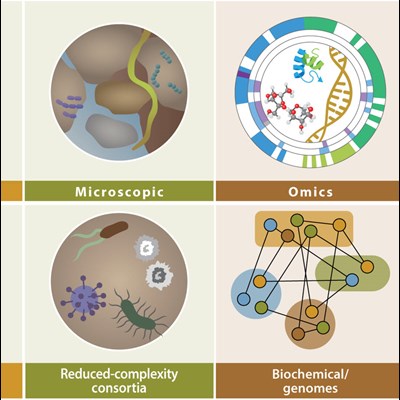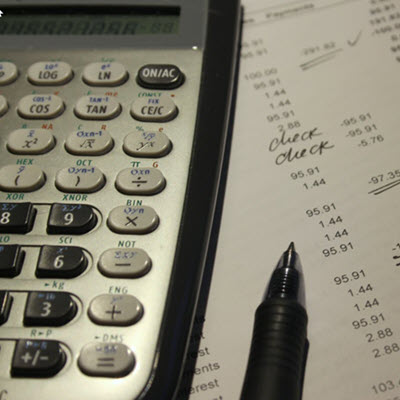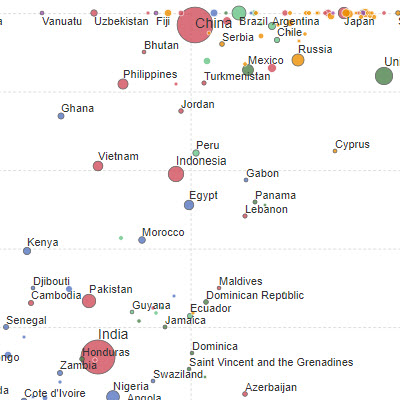Why is maths important?
Maths has been integral to our progress as a species and will help us solve some of the biggest challenges that lay ahead.
Why maths is important in the modern world
Imagine a world without maths.
No counting, no measuring, no algorithms. No calendars, no money, no computers.
How would we build safe shelters? How would we produce enough food? Fight diseases? Travel or communicate across long distances? If you or your child has ever wondered why maths is important, think of what we would struggle to achieve without it.
Maths has been integral to our progress as a species. Ever since we first started counting, maths has helped us to understand the world around us. Without maths, we would never have built the pyramids, mapped the stars, learnt to navigate or created the first vaccine.
Maths is everywhere, but we take it for granted. Yet we will need it to solve all of the biggest challenges facing the world today.

No counting, no measuring, no algorithms. No calendars, no money, no computers.
From pandemics to cryptocurrency
The COVID-19 pandemic has shown us all just how important maths is in responding to world-altering challenges. Epidemiologists are now household names, and we’ve all learned some new mathematical terminology like ‘reproduction number’ (aka R0 or R-nought), while predictive modelling and graphs entered our everyday language with ‘flattening the curve’. Scientists used maths to predict the spread of the virus, determine COVID-19 safety measures, and develop and test vaccines.
Combating climate change is another area where maths is critical. Climate scientists use statistics and modelling to predict different climate change scenarios and work out what we need to do to avoid them.
Our high-tech economy is also driven by maths. The algorithms that help us filter the vast amounts of information available online are built on algebra, and mathematical principles are behind cutting-edge technologies like quantum computing, cryptocurrency and blockchain.
This means that maths skills are in high demand – but that doesn’t mean your child needs to get a PhD in advanced mathematics. In fact, the most useful skill to learn is mathematical thinking, which is simply the ability to break down problems into smaller parts and to think ‘outside the box’.




Knowledge out of noise
‘Mathematical thinking can have a few definitions, but at its core, it’s a process of thinking logically, being mindful of the relevant rules and the result you are aiming to achieve,’ says Adam Spencer, author, comedian and University of Sydney Ambassador for Mathematics and Science.
‘At the same time, mathematical thinking can be creative and deeply beautiful.’
Technology is now part of almost every industry, from agriculture and health to transport and trade. Because of this, maths skills are needed everywhere.
‘The internet age and the explosion of data analytics, artificial intelligence and smart devices means maths skills will be needed in more and more industries,’ Adam says.
‘It’s all about turning the avalanche of data we have now, courtesy of billions of digital devices, into meaningful insights and intelligence; getting knowledge out of noise.
‘This will permeate every aspect of the next few decades, from better Netflix recommendations and advertising catering to what you want, through to wearable devices that will warn you in the crucial one-hour window before you have a heart attack.’
The internet age and the explosion of data analytics, artificial intelligence and smart devices means maths skills will be needed in more and more industries.